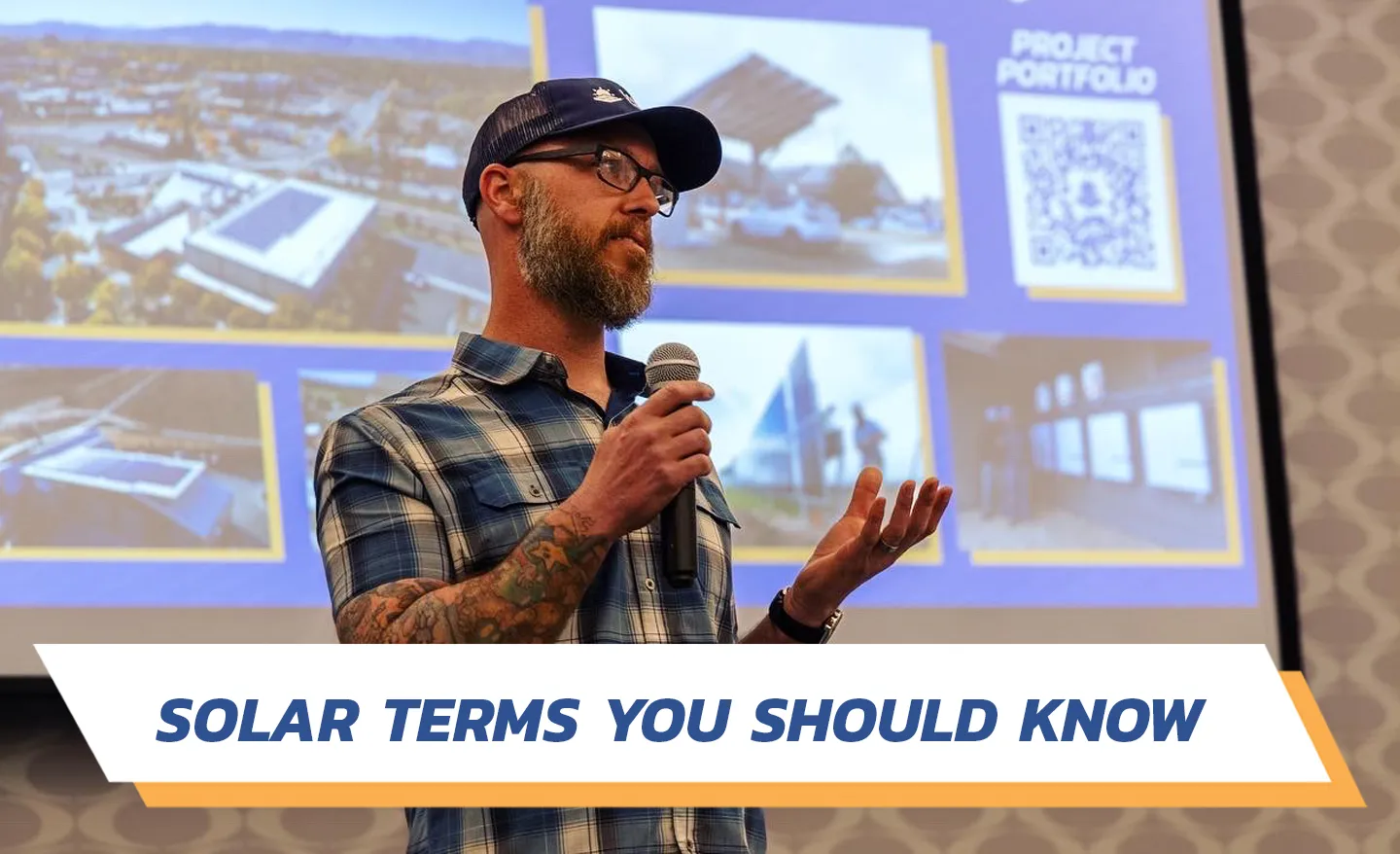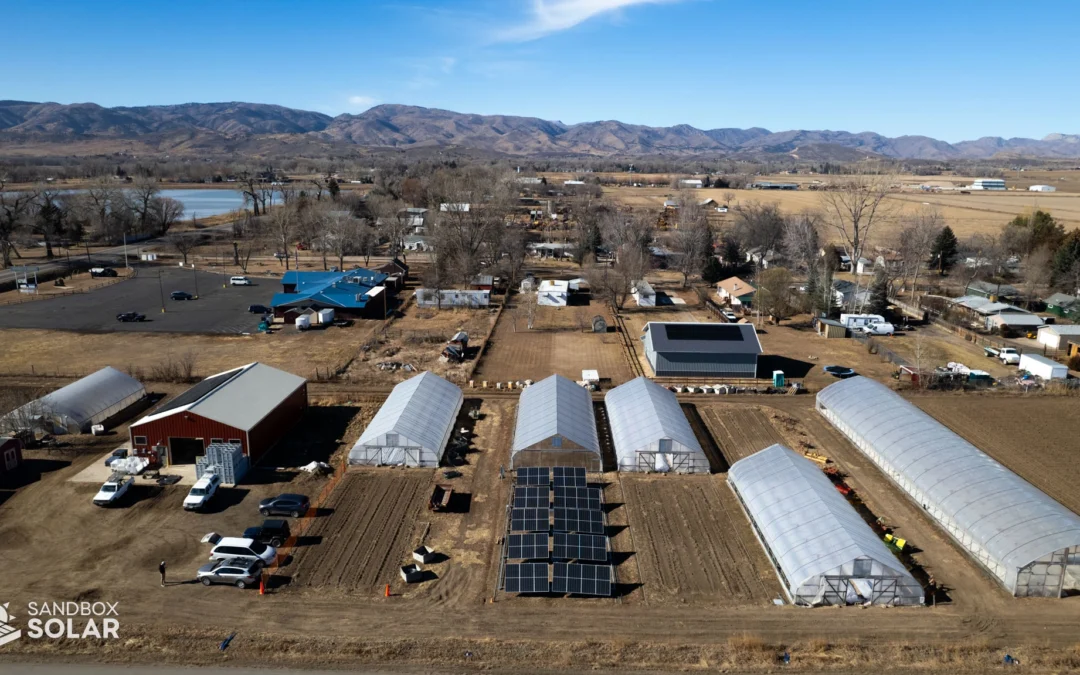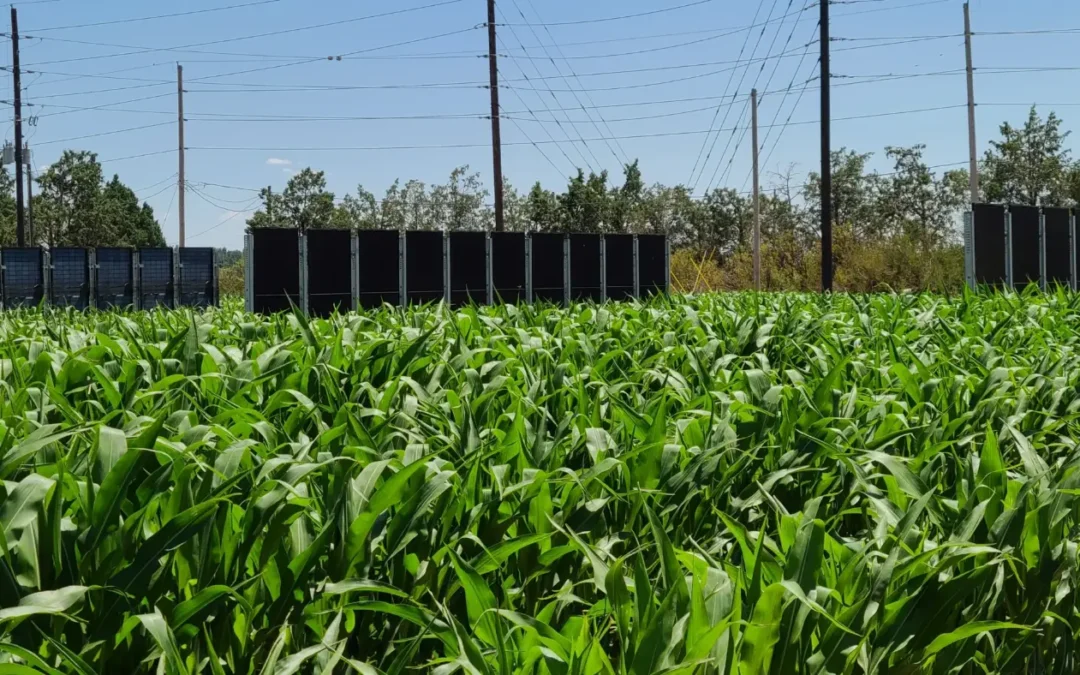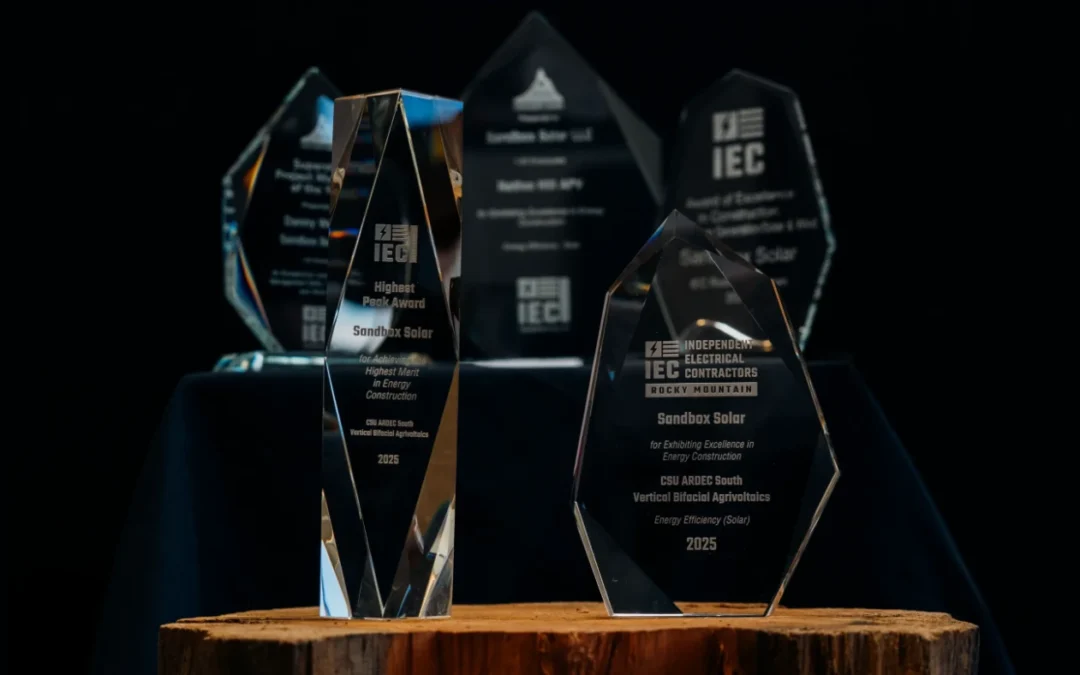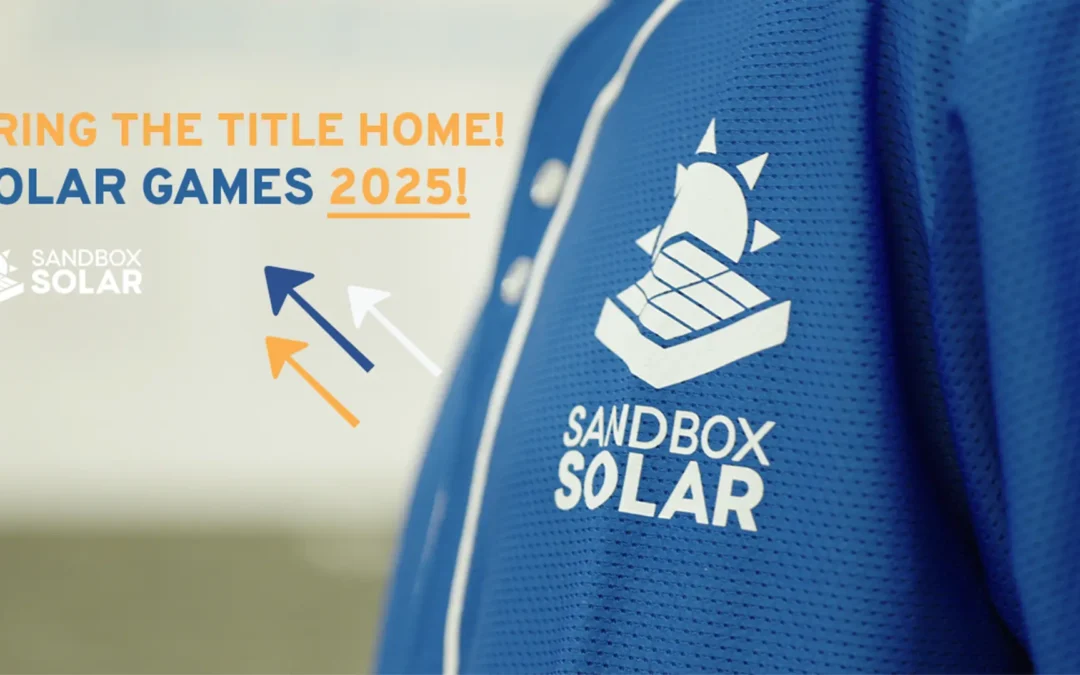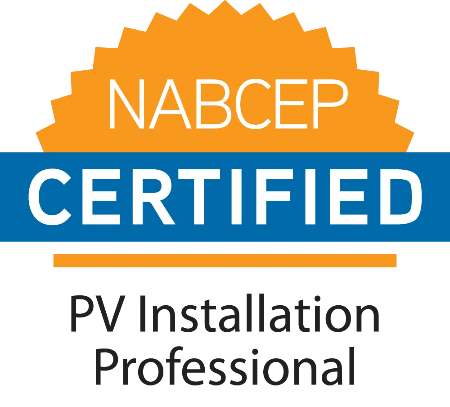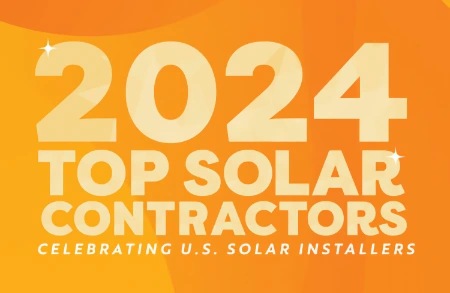Solar Terms that you should know!
As solar energy grows, so does the Solar Term Glossary! With new and innovative solar technologies coming out every day, it’s hard to keep up with the new acronyms and phrases that come along with them. To help our customers stay up to speed with the solar industry and their own solar installations, we have created our own Solar Term Glossary. Brush up on your solar vernacular with these key terms.
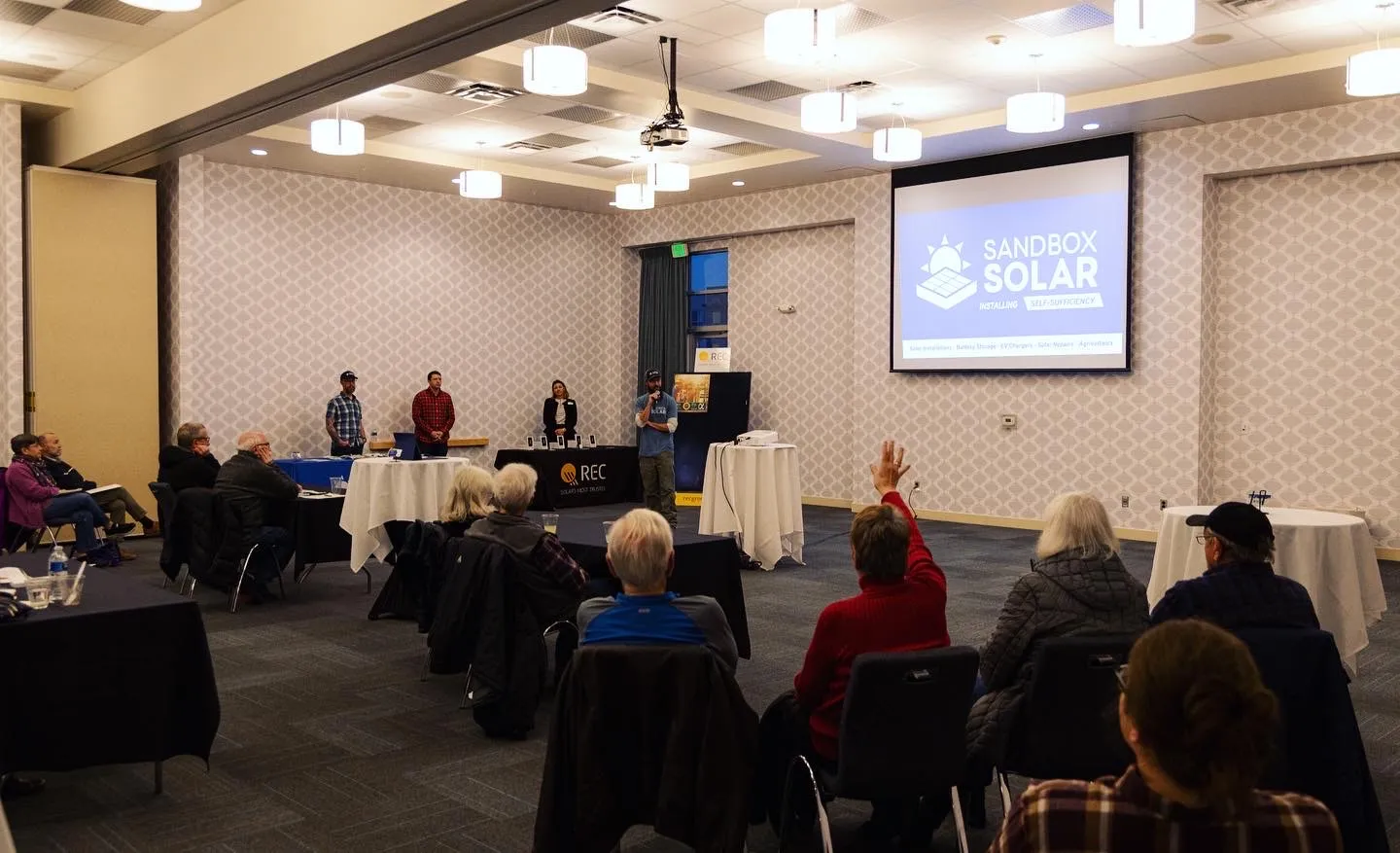
Solar Term Glossary
As Northern Colorado’s favorite solar installers, we understand how difficult it can be to keep up with the ever-changing terms and phases that come with solar power. So we aim to soften that barrier by providing some key solar terms you should know to help you better understand your solar power system and the installation process.
Solar Energy
Renewable Energy: Energy produced from a natural source that continues to renew itself, such as sunlight, wind, or geothermal energy.
Net Zero Energy: When a renewable energy system produces the same amount of energy as the homeowner consumes, this home is considered “net zero energy.”
DC: Direct Current is the electricity generated by your solar panels
AC: Alternating current is the electricity that is usable in your home.
KW: Kilowatt is the unit of power most commonly used to measure the size of a solar array or solar system.
KWh: Kilowatt-Hour is the unit of measure used to measure power consumption.
Solar Panel Efficiency: The amount of sunlight a solar panel can convert to usable energy in your home.
Solar Components
PV Module: Each photovoltaic panel, or a solar panel, is a “module.”
Array: Solar panels that are mounted and wired together, which are interconnected to produce electricity as a single unit.
Inverter: Equipment that converts the power generated by your solar panels into electricity used in your home. An inverter converts DC to AC.
Micro-Inverter System: In a Micro-Inverter System, each module (or solar panel) has its own Micro-Inverter. Using a single Inverter for your solar system will cause the system’s performance to drop to meet the lowest-performing module. However, the system’s overall performance will not fail if one module is covered by leaves, snow, or shade when using a Micro-Inverter System.
Battery/Storage: A battery is also known as Energy Storage. A battery enables a homeowner to store excess energy produced by the solar system. The homeowner can use this energy during power outages or when your panels are not producing due to a lack of sunlight or snow coverage. Its Capacity is the amount of energy a battery can store, measured in KWh.
Solar Metering/Monitoring
PV Meter: This is a special meter installed by your utility company to measure how much electricity your home uses and your solar system produces. PV Metering allows the utility company to track your net metering and supply you with credits. (if your utility company does that)
Net Metering: Excess energy produced by a solar system but is not used or stored is sent back to the electrical grid for the utility company to redistribute as needed. Each utility company varies on how they issue credits or a refund for the energy back-fed to them by a homeowners’ solar system.
Interconnection: This is what links your solar system to the utility grid.
Interconnection Agreement: This is the contract between the owner of the home and their local utility company. An Interconnection Agreement allows the homeowner to connect their solar system to the electrical grid.
Monitoring System: This is an app or device that allows you to monitor and track the efficiency and productivity of your solar system, along with both your energy production and energy usage.
Solar Warranties/Credits
Equipment/Manufacturer Warranty: These warranties come with the brand of modules or inverter(s) installed on your home. The manufacturer provides a warranty on the equipment for a certain amount of years, covering the cost of the product that fails. Warranties may or may not cover the labor cost to replace the faulty product, depending on the issue and your solar installer’s contract terms.
Workmanship Warranty: This is the warranty that your solar installer provides. The Workmanship Warranty, outlined in your contract, covers the repair cost due to any defect due to an error in the installation process.
REC Credits: Renewable Energy Certificates, also known as RECs or Green Tags, are a credit per one megawatt-hour of electricity that your solar system generates. Unfortunately, most utility companies in Colorado are not currently purchasing back RECs. However, they prove you utilize renewable energy and positively contribute to your community.
Confused about a Solar Term?
Gives us a call!
With decades of solar experience under our belt, our solar professionals can get your questions answered.

